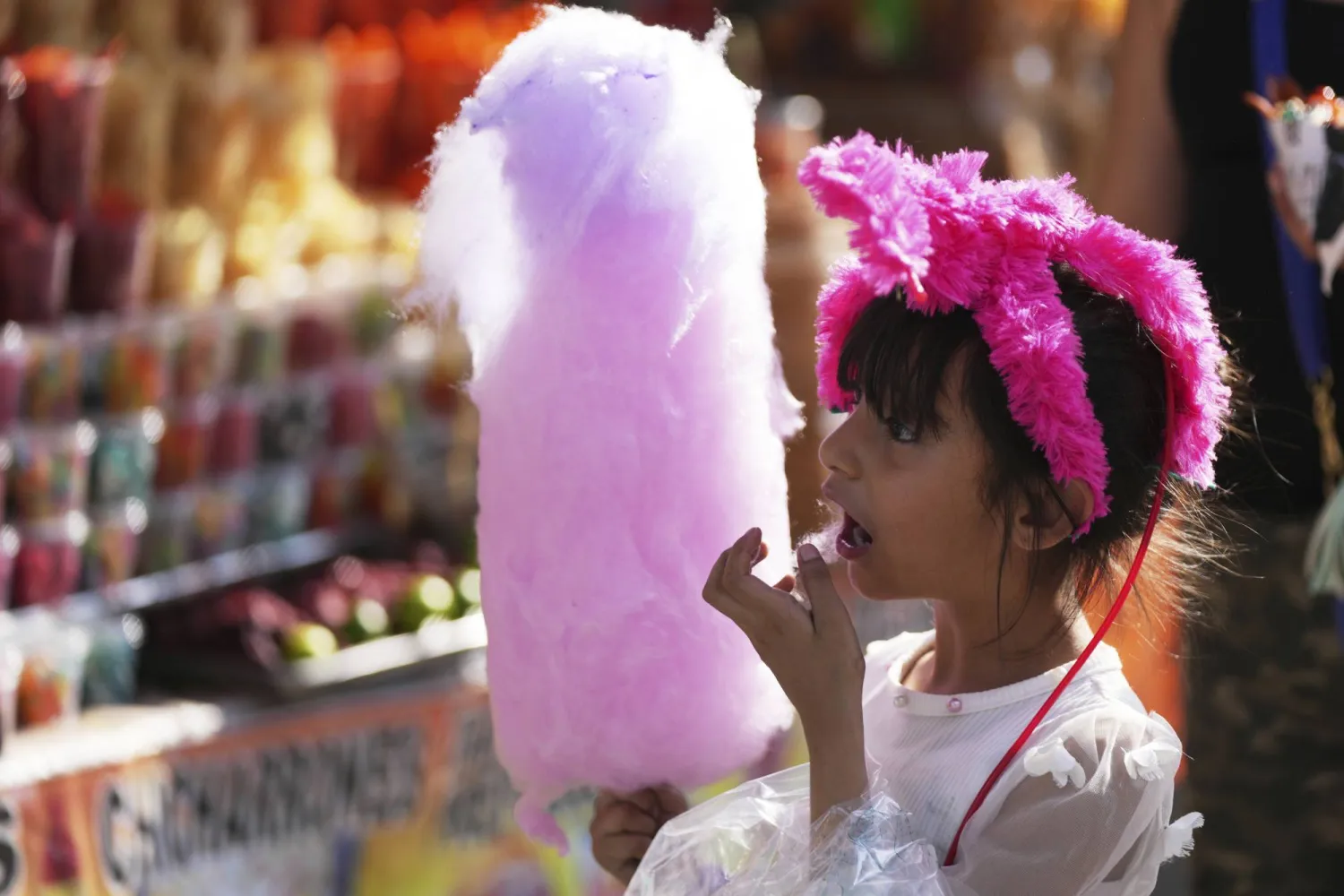A government-sponsored junk food ban in schools across Mexico took effect on Saturday, officials said, as the country tries to tackle one of the world’s worst obesity and diabetes epidemics.
The health guidelines, first published last fall, take a direct shot at salty and sweet processed products that have become a staple for generations of Mexican schoolchildren, such as sugary fruit drinks, packaged chips, artificial pork rinds and soy-encased, chili-flavored peanuts, The Associated Press reported.
Announcing that the ban had become law, Mexico's Education Ministry posted on X: “Farewell, junk food!” It encouraged parents to support the government's crusade by cooking healthy meals for their kids.
“One of the core principles of the new Mexican school system is healthy living," said Mario Delgado, the public health secretary. “There's a high level of acceptance of this policy among parents.”
Mexico's ambitious attempt to remake its food culture and reprogram the next generation of consumers is being watched closely around the world as governments struggle to turn the tide on a global obesity epidemic.
In the United States, for instance, the Trump administration’s health secretary, Robert F. Kennedy Jr., has vowed to upend the nation's food system and “ Make America Healthy Again " by targeting ultra-processed foods to curb surging obesity and disease.
Under Mexico's new order, schools must phase out any food and beverage displaying even one black warning logo marking it as high in salt, sugar, calories and fat. Mexico implemented that compulsory front-of-package labeling system in 2020.
Enforced from Monday morning, the start of the school week, the junk food ban also requires schools to serve more nutritious alternatives to junk food, like bean tacos, and offer plain drinking water.
“It is much better to eat a bean taco than a bag of potato chips,” said Mexican President Claudia Sheinbaum, who has championed the ban.
Mexico’s children consume more junk food than anywhere else in Latin America, according to UNICEF, which classifies the nation’s childhood obesity epidemic as an emergency. Sugary drinks and highly processed foods account for 40% of the total calories that children consume in a day, the agency reports.
“At my daughter's school, they told us that future activities wouldn't have candy, it would be completely different, with fruit, vegetables and other food that's healthy for kids,” said Aurora Martínez, a mother of two. “It will help us a lot.”
One-third of Mexican children are already considered overweight or obese, according to government statistics.
School administrators found in violation of the order face stiff fines, ranging from $545 to $5,450.
But enforcement poses a challenge in a country where previous junk food bans have struggled to gain traction and monitoring has been lax across Mexico’s 255,000 schools, many of which lack water fountains — even reliable internet and electricity.
It also wasn't immediately clear how the government would forbid the sale of junk food on sidewalks outside school campuses, where street vendors typically hawk candy, chips, nachos and ice cream to kids during recess and after the school day ends.
“It will be difficult,” said Abril Geraldine Rose de León, a child therapist. “But it will be achieved in the long run.”
Mexico Bans Junk Food Sales in Schools in Latest Salvo Against Child Obesity

A child snacks on cotton candy at Chapultepec park in Mexico City, Saturday, March 29, 2025. (AP Photo/Fernando Llano)

Mexico Bans Junk Food Sales in Schools in Latest Salvo Against Child Obesity

A child snacks on cotton candy at Chapultepec park in Mexico City, Saturday, March 29, 2025. (AP Photo/Fernando Llano)
لم تشترك بعد
انشئ حساباً خاصاً بك لتحصل على أخبار مخصصة لك ولتتمتع بخاصية حفظ المقالات وتتلقى نشراتنا البريدية المتنوعة







